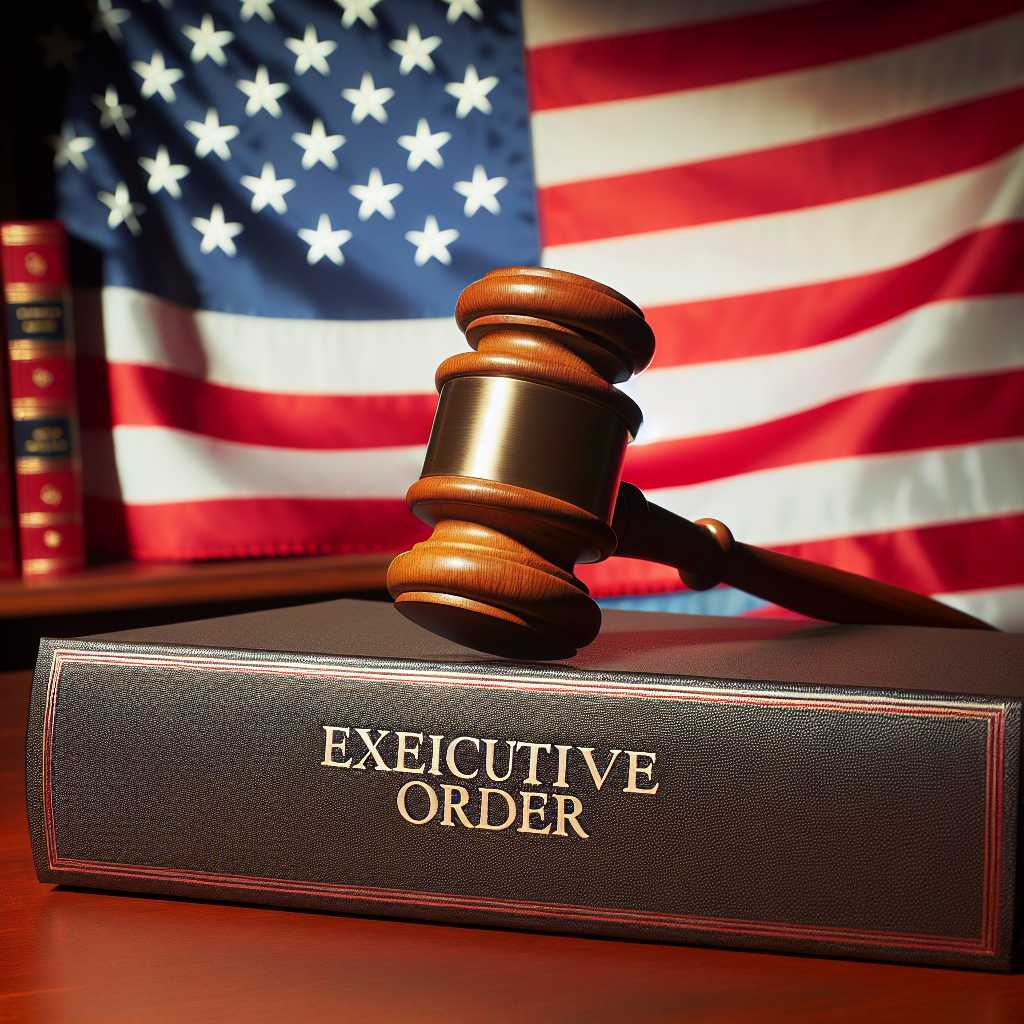# Analyzing the Impact and Controversy of President Trump’s Executive Orders
Executive orders are a powerful presidential tool, enabling the commander-in-chief to manage operational aspects of the federal government and influence policy without direct legislative approval. President Donald J. Trump, like his predecessors, used this mechanism extensively during his tenure in office. Trump’s executive orders often generated polarized responses, reflecting his embattled and largely divisive approach to governance. This article examines the scope, impact, and controversies surrounding Trump’s executive actions, aiming to provide a comprehensive perspective on their role in shaping national policy.
The Nature of Trump’s Executive Orders
Executive orders have a long history in American politics. However, what set President Trump’s use of executive orders apart was not only the sheer volume but also their high-profile nature and broad implications for several key areas of public policy like immigration, health care, and national security.
Trump took advantage of this presidential privilege to fast-track policies that would otherwise require lengthy debate and consensus-building in Congress, acting swiftly to fulfill campaign promises or reverse his predecessor’s directives.
Key Policy Areas Addressed by Trump’s Executive Orders
During his time in the Oval Office, President Trump used executive orders as strategic instruments to address a wide range of policy areas including, but not limited to, immigration, environmental regulations, the economy, healthcare, and foreign relations.
Immigration Policies Enforced Through Executive Orders
Arguably one of the most controversial topics dealt with via executive orders was immigration. Trump kicked off his presidency with an order that came to be known as the “travel ban,” which initially targeted several predominantly Muslim countries. This policy faced multiple challenges in court for potential discrimination before its modified versions were upheld by the Supreme Court.
Aside from travel restrictions, Trump’s executive orders related to immigration also prioritized deportations of illegal immigrants and instructed for the construction of a wall along the U.S.-Mexico border—a rallying cry for his supporters but a deeply polarizing issue within American politics.
Deregulating Environment Laws Through Executive Orders
On environmental matters, Trump signed numerous executive orders aimed at dismantling many climate change policies put in place by former President Barack Obama. Trump rolled back regulations on emissions, withdrew the United States from the Paris Climate Agreement, and opened federally protected lands for oil and gas drilling.
While supporters praised these actions for prioritizing job creation and energy independence, opponents denounced them as having potentially devastating implications for the battle against global climate change and as neglecting environmental protection.
Shaping Economic Policy Through Executive Orders
In an attempt to shape economic policy, Trump issued orders intended to boost domestic manufacturing and reduce dependency on foreign products. His “Buy American and Hire American” directive sought to advance this goal by tightening visa programs thought to undercut American workers and encouraging federal agencies to purchase domestically produced goods.
Trump also took aim at financial regulations enacted after the 2008 financial crisis, instructing administrative agencies to review and potentially dismantle critical elements that added oversight to Wall Street institutions.
Modifying Healthcare with Executive Actions
Although the Affordable Care Act (ACA), commonly known as Obamacare, remained in force despite numerous attempts at repeal, Trump weakened certain provisions through executive decree. Reducing funding for the law’s outreach programs and halting subsidies to insurance companies, which were intended to lower costs for low-income patients, were among his notable healthcare-related actions.
These changes added increased momentum to an already heated debate on healthcare reform within the United States—with significant implications for millions of Americans who benefitted from Obamacare’s protections.
Pushing National Security Objectives Through Executive Orders
In terms of national security, some notable decisions came through executive edicts. Shifting military operational strategies against ISIS and creating new protocols on cyber warfare highlighted the President’s use of this tool in attempting to protect American interests at home and abroad.
Furthermore, with executive prerogative emphasizing America First politics, trade agreements were renegotiated with tariffs imposed on foreign goods, which raised tension between Washington and traditional allies whilst altering international trade hindrances—transforming decades of free-trade policies seemingly overnight.
Notes
Image description: A gavel balanced on a stack of official documents with ‘Executive Order’ printed on their covers. Behind them is the American flag waving in soft focus.
tQmnx
